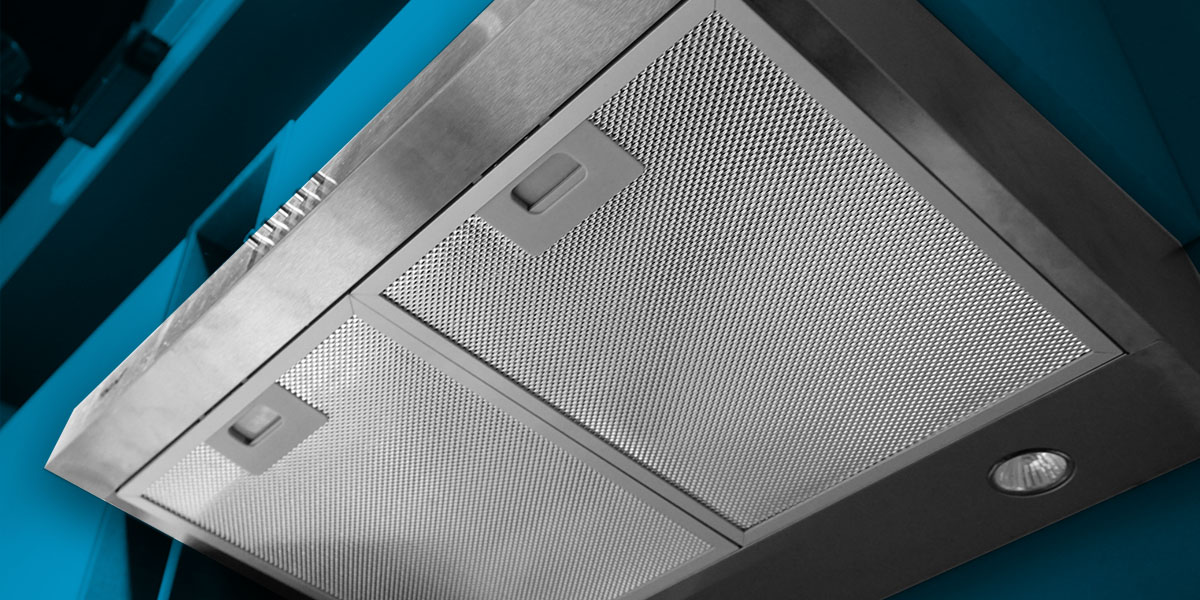Commercial and industrial kitchen exhaust systems require regular cleaning — and under National Fire Protection Association (NFPA) 96 regulations, that cleaning must be performed by professionals. They have the technical skills to do the job thoroughly and meet all legal requirements.

Industrial kitchen hood cleaning is not as simple as wiping dirt off the hood’s exterior. It entails taking components apart and putting them all back in place. NFPA 96 requires trained and certified professionals to do the job because the dangers of DIY kitchen hood cleaning are too critical to ignore.
Grease buildup is a common issue in commercial exhaust systems. Any kitchen with equipment that generates vaporized grease or frequently deep-fries is prone to buildup that can become a fire hazard. Even the best grease containment system can only do so much.
Haphazard cleaning may not remove all the grease accumulated in your hood. Instead of addressing fire risks, it could even escalate the problem by packing grease into crevices where it’s harder to reach.
A commercial kitchen hood has several parts that play a significant role in the system’s functionality. Cleaning the hood without professional help risks damage to the equipment.
The NFPA mandates that kitchen hoods be professionally serviced once a year or more often depending on the volume and type of cooking. High-volume cooking operations need quarterly cleaning. Professionals must abide by these regulations and schedule the inspection and service of kitchen hoods regularly.
There’s no question about the choice between DIY vs. professional hood cleaning. Beyond the legal requirement for professional service, experts yield the best results when it’s time for a deep clean. Kitchen exhaust cleaning professionals offer valuable expertise in their services.
At ExhaustCLEAN, we offer professional cleaning services for commercial and industrial kitchens. Our trained specialists will clean your hoods meticulously while maintaining safety and functionality.
Federal laws prohibit DIY commercial kitchen hood cleaning. Finding a professional cleaning service in your area guarantees adherence to safety standards and regulations. It also ensures quality results and the best value for your money.
ExhaustCLEAN sets the standard when it comes to kitchen hood cleaning services. Unlike our competitors, our sole focus is providing exceptional hood cleaning for kitchen exhaust systems. Our FirstCLEAN Initial Cleaning is an intensive cleaning service that goes through every nook and cranny in your hoods. It also includes recommendations from our experts in case there is a need for structural changes in your system.
At ExhaustCLEAN, we know the importance of ensuring customer and staff safety at all times. We abide by NFPA 96 regulations and follow the building codes in North Carolina. Our services are also designed to comply with International Kitchen Exhaust Cleaning Association standards.
ExhaustCLEAN’s professional cleaning services are geared toward minimizing kitchen downtime. We want to avoid delays in your operations, which is why we only perform cleaning services at night. We’ll see to it that your systems remain fully functional and in optimal working condition.
At ExhaustCLEAN, our priorities are safety, compliance and operational efficiency. When it comes to kitchen hood cleaning, we always mean business. We uphold professional standards at every step so you can reap the benefits of having a reliable kitchen cleaning service. Contact us today to schedule an appointment or learn more about our service.